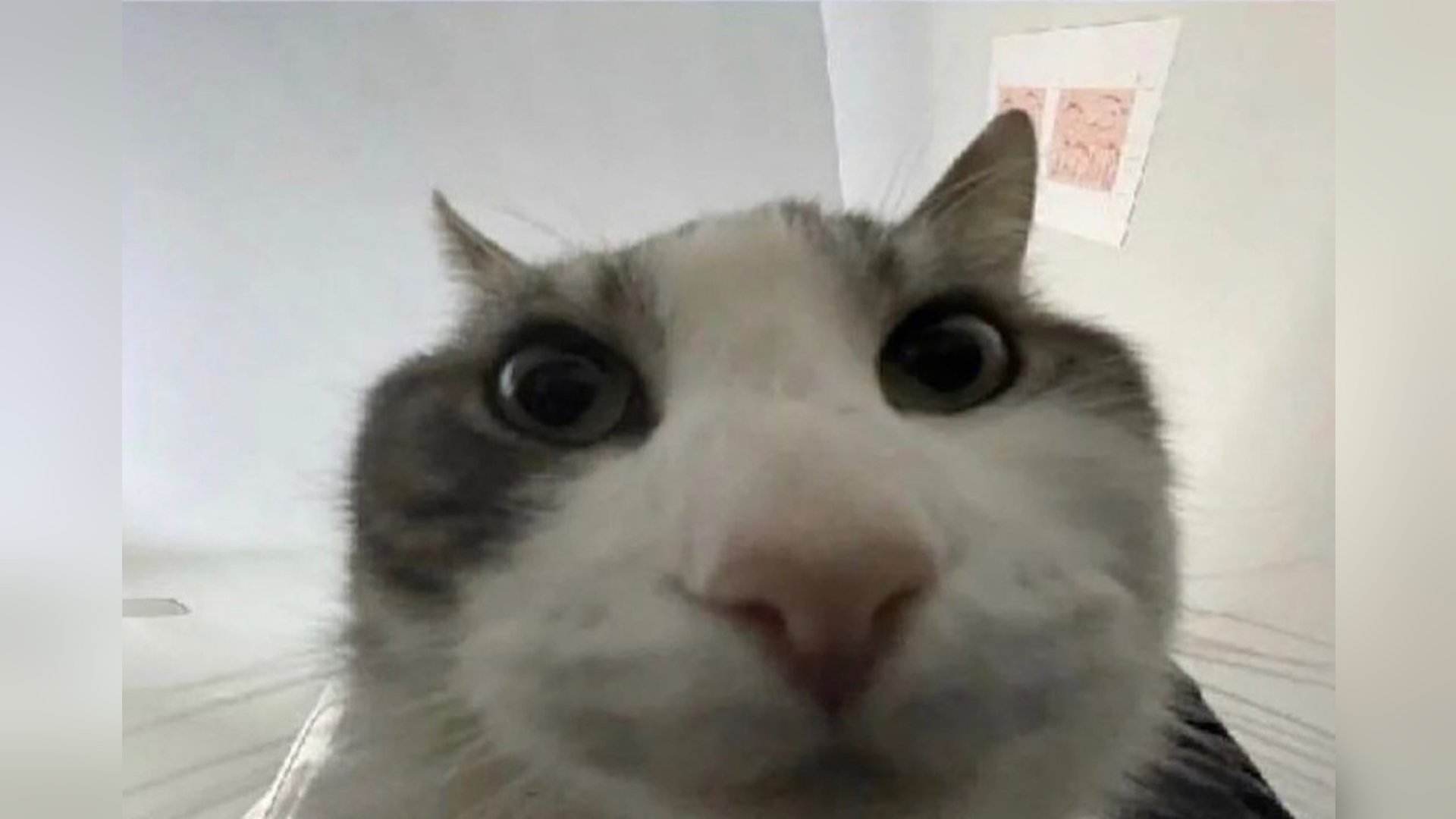Lets take a little break from politics and have us a real atheist conversation.
Personally, I’m open to the idea of the existence of supernatural phenomena, and I believe mainstream religions are actually complicated incomplete stories full of misinterpretations, misunderstandings, and half-truths.
Basically, I think that these stories are not as simple and straightforward as they seem to be to religious people. I feel like there is a lot more to them. Concluding that all these stories are just made up or came out of nowhere is kind of hard for me.


While James Randi was alive, he offered $1,000,000 for proof of the supernatural. He never got that proof. I think that’s pretty telling.
There’s stuff I’ve experienced that I can’t understand or explain. Certainly, I trust other’s witnesses of their own experiences, even if they seem supernatural to me. But, I don’t consider that good enough evidence to believe in the supernatural.
Unexplained does not mean unexplainable nor supernatural.
There are all kinds of things in my life I have experienced that I cannot explain. For one thing, I am not an expert on everything. For another, I am a prisoner inside a skull that has to rely on not especially precise equipment in terms of sensory input. In other words, the meat sacks in our heads cannot be trusted. In fact, going back to Randi, if they could be trusted, Randi and other magicians would never have a job.
None of that is evidence for the supernatural.
Let me preface this by saying I tend to go with the Null hypothesis until proven otherwise, and as such don’t believe in the unproven supernatural.
Regardless, there are two ways to interpret James Randi never getting proof.
no use forsome reason a $1,000,000 prize would not be sufficiently enticing.Edit: Reworked #2 for accuracy and clarity. Added wording in italics.
Re number. 2, they must also either be ignorant of the existence of charities or can’t think of a single one that could use that $1,000,000 they would have no use for. So I don’t accept that.
Perhaps. Though it’s entirely conceivable that the cost of revealing said supernatural proof would be detrimental to their life in such a way that no use of a $1,000,000 would justify it. Or, ala Mr. Manhattan, they have lost their empathy and/or worldly concern. Or they could just be massive dicks who could make $1,000,000 easier if their secret is kept, like Hayden Christensen in Jumper.
So I stand by my point that only looking at James Randi’s $1,000,000 prize as proof that “there are no supernatural claims that can be proven” is an example of sampling bias.
Assuming the correctness of a hypothesis without sufficiently disproving potentially valid alternatives is how we wound up with the acceptance of the supernatural. It’s just bad epistemology.
Regardless, I believe that James Randi’s offer, combined with the lack of any other provable and sufficiently documented supernatural occurrences means it’s more than reasonable to not hold any belief in the supernatural. I certainly don’t myself.
ETA: 3. I suppose a third possibility is they were unable/unwilling to travel or were entirely unaware of said prize. Something like a hermetic monk for example.
If I had legit supernatural powers, $1,000,000 would be chump change to reveal those powers. No way.
Yeah that’s dr evil in the 90s thinking. Manipulate the stock exchange and cash out 100 billion.
Bro, what is a hermetic monk 💀.
Definition taken from Merriam Webster (note: I’ve removed definitions not pertinent to my usage)
hermetic adjective
a hermetic discussion
trapped inside the hermetic military machine
c: recluse, solitary
leads a hermetic life
So in this context, I guess I’m using both meanings. As in they are isolated monks with knowledge of the occult and esoteric.
There is no such thing as a hermetic monk. Hermeticism is a philosophy.
Hemeticism is certainly a philosophy, however the term hermetic monk is often used to denote a member of an isolated monastic group.
ex. Article on hermetic monks in Big Sur
A paywalled article referring to hermetic monks in France
A BBC article using “hermetic monks” to refer to isolated Christian monks in Ireland who at one time occupied a now deserted monastery.
None of the aforementioned monks were practitioners of Hermeticism. So while it may not be fully accurate to the origins of Hermeticism, the term “hermetic monk” does infact exist and is infact used to refer to members of esoteric isolated monastic groups.
Beyond that, the term “hermetic”, as cited by Merriam Webster, does apply to my usage. So if you would rather read it as a “monk who is hermetic by nature”, that would also get my same point across while avoiding confusion with Hermeticism as a philosophy.